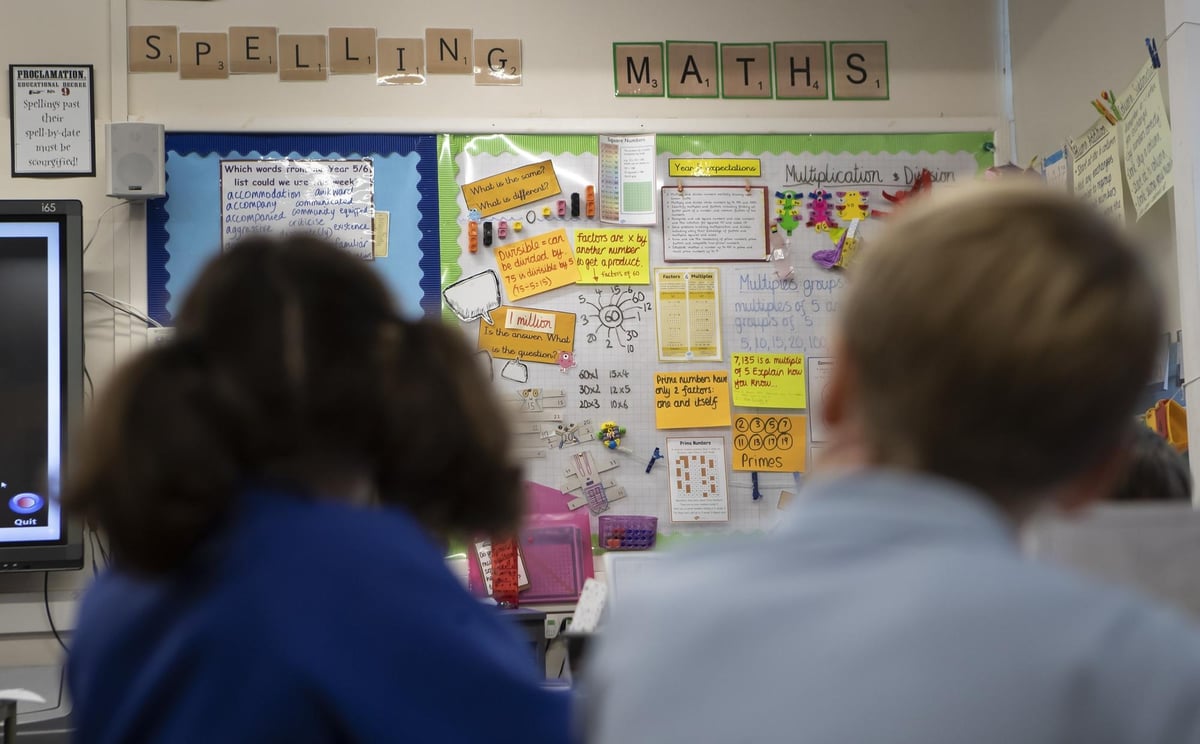Copyright thescarboroughnews

School leaders' union NAHT called for greater investment in mental health services and social care to tackle absences, alongside action on child poverty and the Send system. The most recent figures from the Department for Education show 697 pupils in the East Riding were severely absent, missing half of their school sessions, across the 2024-25 autumn and spring terms. They accounted for 1.8% of students. It was up slightly from 1.7% in the autumn and spring terms in the previous school year, and the highest rate for those two terms since records began in 2016-17. Overall, 16.1% of students in the area were persistently absent, meaning they missed 10% or more of sessions – down from 18.9% in 2023-24. The rate of persistently absent students across England stood at 17.6% in 2024-25, an improvement from 19.2% a year earlier. However, 2.3% of students were severely absent – up from 2.1% the year before. While severe absence has risen, the rate of increase has been slowing over the past two years. The increase in severe absence is most apparent for children with an education, health and care plan, which are legal documents setting out support required for young people with special educational needs and disabilities. The percentage of pupils with EHCPs missing more than half of their classes increased from 6.6% in 2023-24 to 7.3% this year. Paul Whiteman, NAHT general secretary, said the new figures on persistent absence are a step in the right direction, but significant barriers remain for some children. "Schools work hard to ensure children are in the classroom, but they cannot solve the root causes of absence alone. The reasons for severe and persistent absence often lay outside the school gates, including mental health challenges and societal issues like poverty," he said. A DfE spokesperson said: “This Government is taking the action needed to get our kids back in school, with the biggest improvement in attendance in a decade last academic year. “Absence is down, persistent absence has plummeted, and we are slowing the stubborn rise in severe absence. “Through free breakfast clubs in every primary school, an attendance mentoring programme, and ensuring earlier intervention for children with special needs we are creating a school system that serves not just some children but supports every child to achieve and thrive.”



